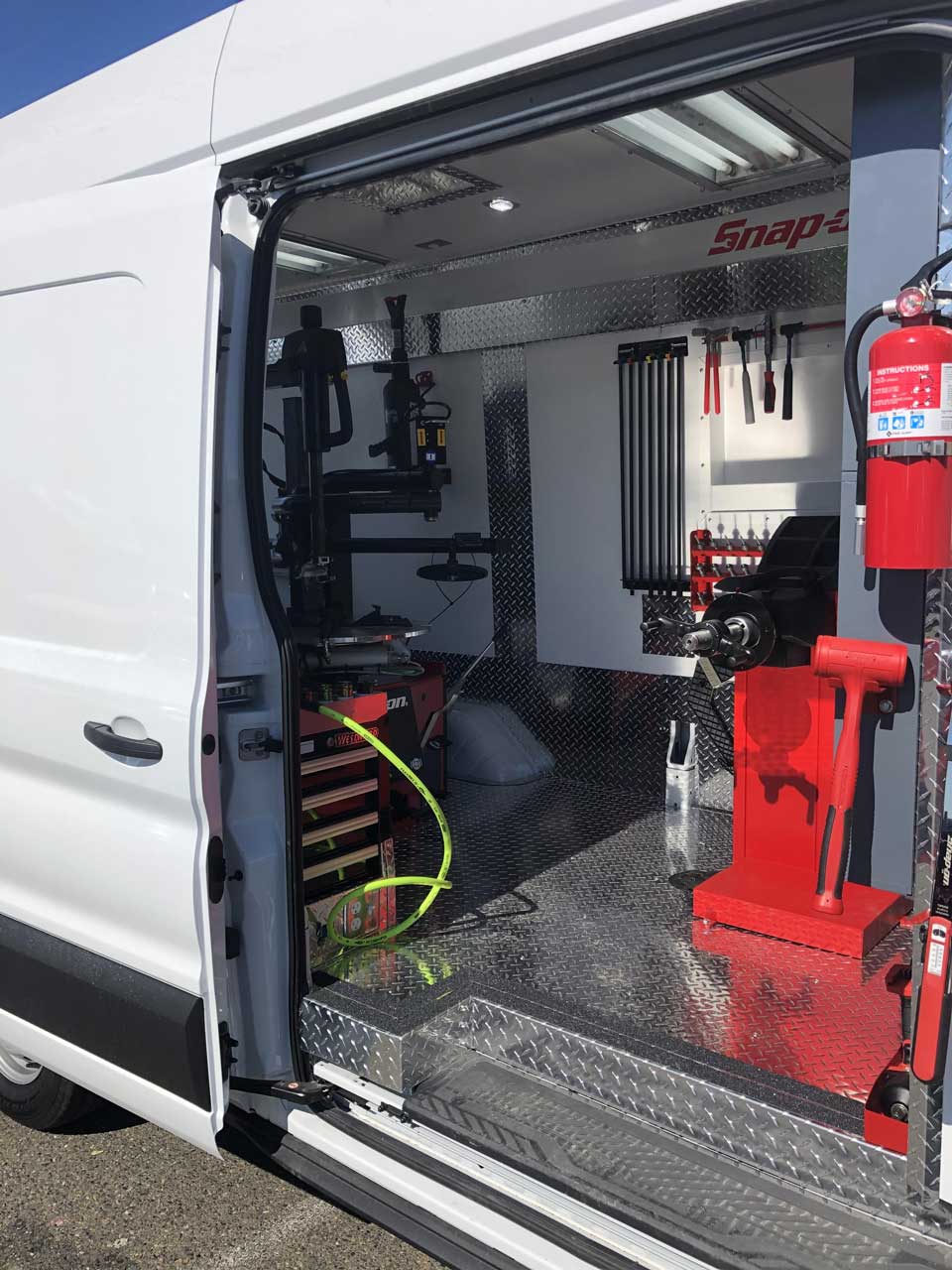Maintain Rolling Smoothly: GMC Tires Service by Morris Tires
Maintain Rolling Smoothly: GMC Tires Service by Morris Tires
Blog Article
Tire Service: The Effect of Climate Condition
When it comes to ensuring optimal performance and security on the road, comprehending the effect of climate problems on tire service is vital. GMC Tire Service. In this discussion, we will explore the intricate relationship in between climate problems and tire service, dropping light on the relevance of weather-specific tire maintenance techniques and factors to consider.
Heat and Tire Performance
When exposed to high temperatures, tires experience changes in performance that can considerably affect automobile security and handling. The warmth created from extended driving or heat problems causes the tire rubber to soften, bring about decreased step life and boosted wear. As the rubber becomes softer, the tire's grip when traveling diminishes, affecting stopping ranges and general grip. In extreme situations, extreme heat can also cause tire blowouts, positioning a serious safety and security risk to the automobile and its owners.

Winter Effects
Cold weather condition problems can have a significant influence on tire efficiency and security. In chilly weather, tires may likewise shed air stress more quickly, which can affect handling and fuel effectiveness.
To alleviate the effects of cold weather on tires, it is vital to consistently check tire pressure and inflate them to the maker's suggested levels. Using wintertime or all-season tires designed for cold climate conditions can additionally boost traction and grip on icy or snowy roads. Correct tire maintenance, including routine inspections for wear and damage, comes to be a lot more vital throughout cooler months to guarantee ideal efficiency and safety and security.
Rainy Issues Impact
During stormy problems, tire efficiency and safety and security can be considerably affected by the damp roadway surface areas and decreased presence. The step pattern of tires plays an important function in keeping traction on damp roadways. Tires with damaged footsteps are a lot more prone to hydroplaning, where a layer of water develops between the road and the tire surface area, leading to loss of traction. To combat this, drivers should frequently check their tires for sufficient tread depth and take into consideration buying tires especially designed for damp problems.
Moreover, stormy weather can likewise decrease presence, making it testing for drivers to see the road in advance plainly (GMC Tire Service). In such conditions, it is necessary to change driving speeds as necessary and preserve a safe complying with distance to enable abrupt quits. Properly filled with air tires can likewise assist in maintaining control on wet roadways by offering better handling and grasp
Snow and Tire Security
Snow-covered roadways pose special challenges for chauffeurs, emphasizing the importance of proper tire option and maintenance. When driving in snowy problems, having the appropriate tires can make a considerable difference in safety and performance. Wintertime tires are developed with special rubber substances and tread patterns to provide better traction on snow and ice contrasted to all-season tires. The deeper treads and sipes of winter months tires aid grasp the roadway better, decreasing the threat of moving and sliding.

It is important to follow supplier guidelines when mounting and utilizing tire chains to prevent damages to the tires and automobile. By choosing the best tires, maintaining proper rising cost of living, and taking into consideration added traction aids like tire chains, chauffeurs can improve their safety when browsing snow-covered roadways.
Weather-Related Tire Maintenance
Weather-related tire maintenance incorporates a variety of methods aimed at ensuring optimum tire feature and durability in gmc tire service different climate circumstances. One crucial element of weather-related tire maintenance is tire stress law. Checking tire walk routinely and replacing tires when step wear reaches a certain deepness is essential for maintaining grip and stability in negative weather.
Conclusion
In conclusion, climate problems have a considerable effect on tire performance and security. From warmth affecting tire stress and put on to cool weather condition decreasing grip, it is essential to take into consideration the climate when maintaining and utilizing tires.
In this conversation, we will certainly explore the detailed connection in between climate conditions and tire service, losing light on the value of weather-specific tire upkeep practices and considerations.

Report this page